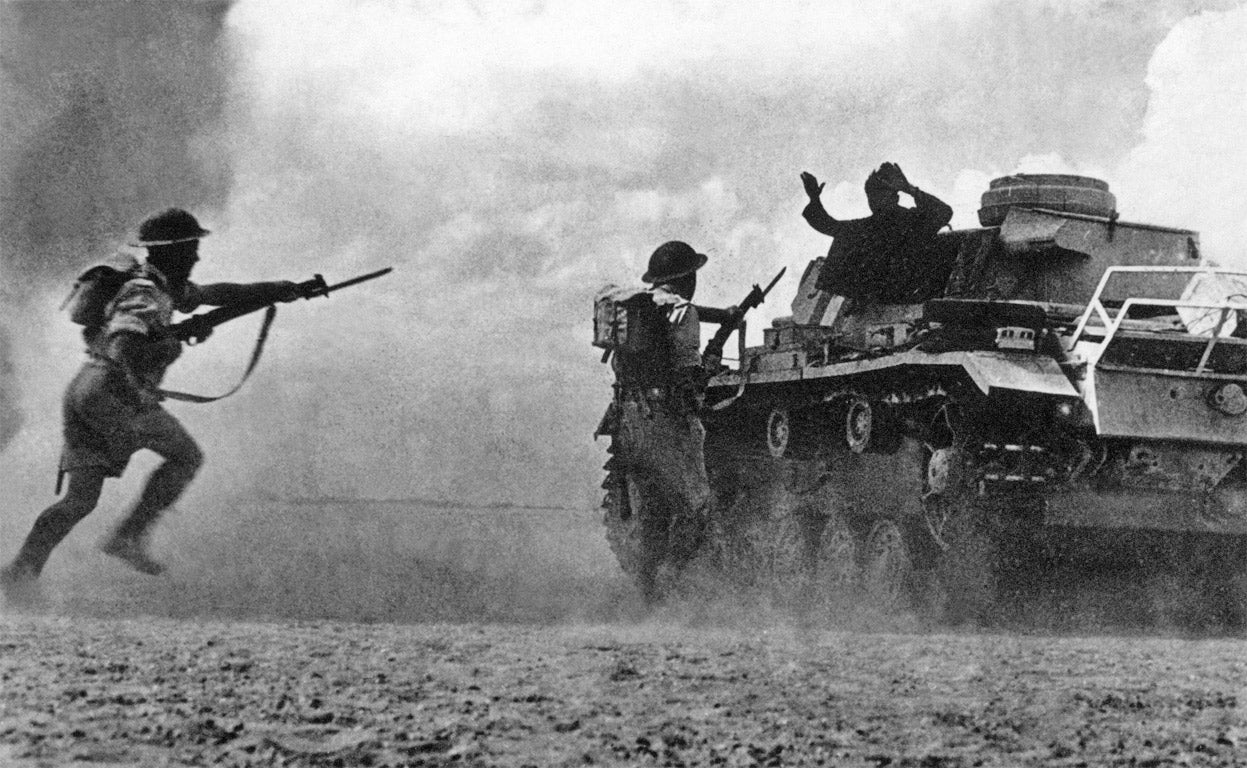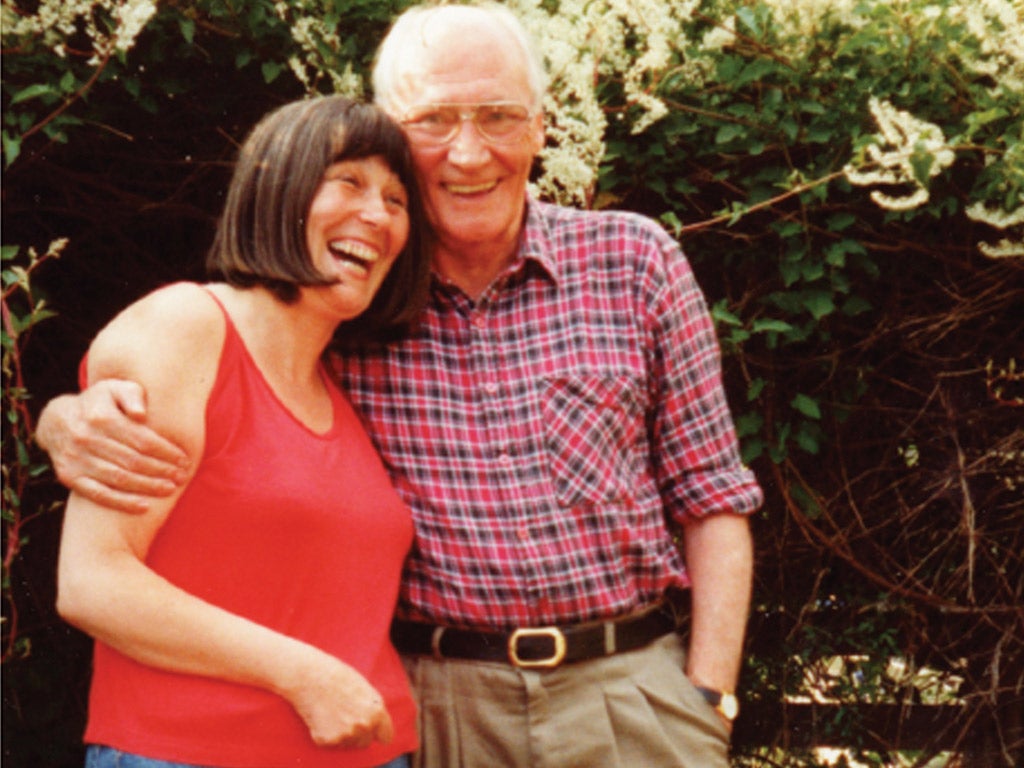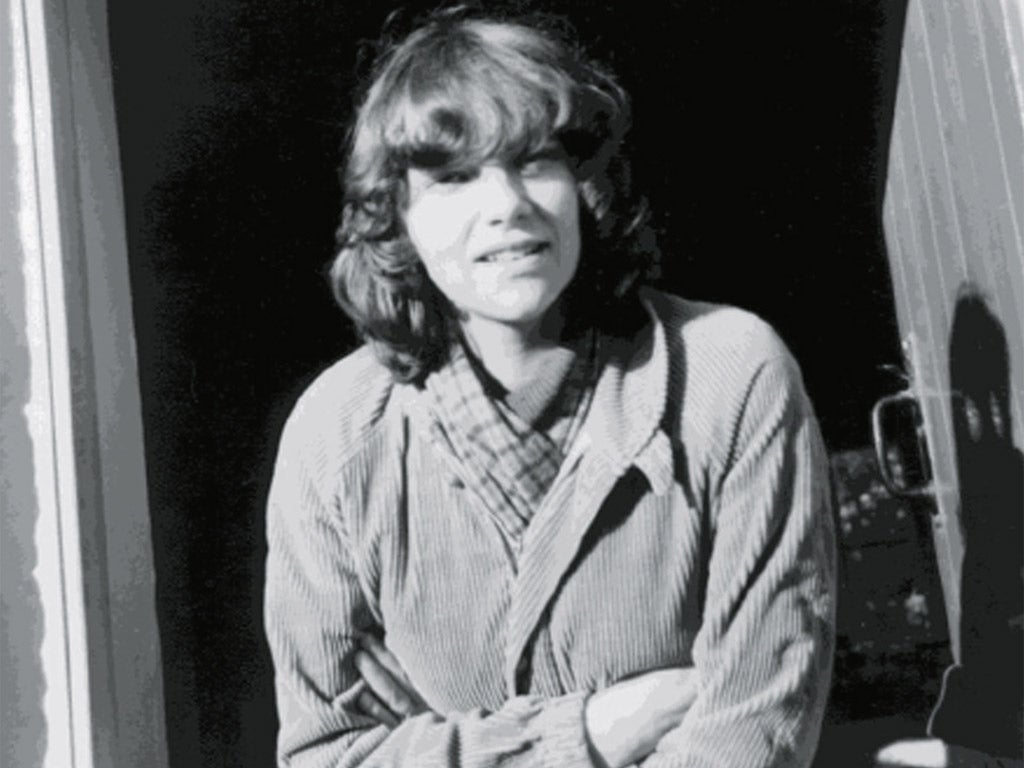'War-hero' poet Vernon Scannell revealed as wife-beating drunk and serial deserter
Biography of the poet shows he was a traumatised individual
Your support helps us to tell the story
From reproductive rights to climate change to Big Tech, The Independent is on the ground when the story is developing. Whether it's investigating the financials of Elon Musk's pro-Trump PAC or producing our latest documentary, 'The A Word', which shines a light on the American women fighting for reproductive rights, we know how important it is to parse out the facts from the messaging.
At such a critical moment in US history, we need reporters on the ground. Your donation allows us to keep sending journalists to speak to both sides of the story.
The Independent is trusted by Americans across the entire political spectrum. And unlike many other quality news outlets, we choose not to lock Americans out of our reporting and analysis with paywalls. We believe quality journalism should be available to everyone, paid for by those who can afford it.
Your support makes all the difference.He was one of the most respected poets of the Second World War, a Desert Rat who went on to be seriously wounded in Normandy and wrote of the "heroic corpses" he saw on the D-Day beaches. But Vernon Scannell also had a darker side, as revealed by a book describing him as a serial deserter who lied about his war record and beat the women in his life.
While he admitted to desertion in his own memoir, Scannell's biographer James Andrew Taylor has uncovered evidence that the poet in fact absconded more than a dozen times – as well as frequently getting into drunken brawls. The new research shows that Scannell spent more than 300 days on the run or in prison during four years of active war service from 1941.
Scannell is known for writing one of the most evocative of war poems, "Walking Wounded". Dating from 1962, the poem described injured soldiers "straggling the road like convicts loosely chained / Dragging at ankles exhaustion and despair."
He also wrote several moving poems about the decisive 1942 battle of El Alamein, even though, according to Taylor, he didn't arrive in North Africa until later. But he did experience the bitter 1943 assault on Wadi Akarit, and it was after this that he deserted, later recalling in his memoir how he was shocked by the sight of fellow soldiers looting corpses, both British and German.
Scannell was court-martialled, sentenced to three years' detention in a military prison, but was released after six months when he volunteered to take part in the D-Day landings. When Germany surrendered, he disappeared again, living as a fugitive until finally he was re-arrested in 1947.
Mr Taylor's book, Walking Wounded: The Life and Poetry of Vernon Scannell, paints a complex portrait of a prize-winning and much-anthologised poet – whose writings were "drenched in humanity", as the literary critic John Carey writes in the foreword – who was haunted by wartime memories of the dying screams of a wounded man.

Mr Taylor has unearthed unpublished material from army records and other sources, and persuaded Scannell's family to speak for the first time. Each of them remembers a tortured individual they could not help but love. Angela Beese, a long-term girlfriend, recorded in her diary: "I think he might kill me, he is so angry." But the next day she wrote: "I can see love once more in his eyes."

She also revealed that she hid from Scannell one night after he punched her in the face. The next morning, he saw her two black eyes and a broken nose but made no comment. "It was as if it never happened," Mr Taylor said. "He was seriously damaged by the war," and it partly manifested itself in violence. Scannell's daughter, Nancy, said her father never laid a finger on his children. But she added: "We were terrified for my mother. He was an aggressive drunk, destructive."
Loved ones also understood his inner torment, which would today be diagnosed as post-traumatic stress disorder. Scannell's former girlfriend, Jo Peters, recalls waking him from nightmares as he sweated and called out. "He remembered the first dead body he had seen… covered with a blanket, and all he could see was the hand," she said. Scannell's daughter Jane said: "We hope Andrew’s book will help explain what made him the man and poet he was."

Join our commenting forum
Join thought-provoking conversations, follow other Independent readers and see their replies
Comments